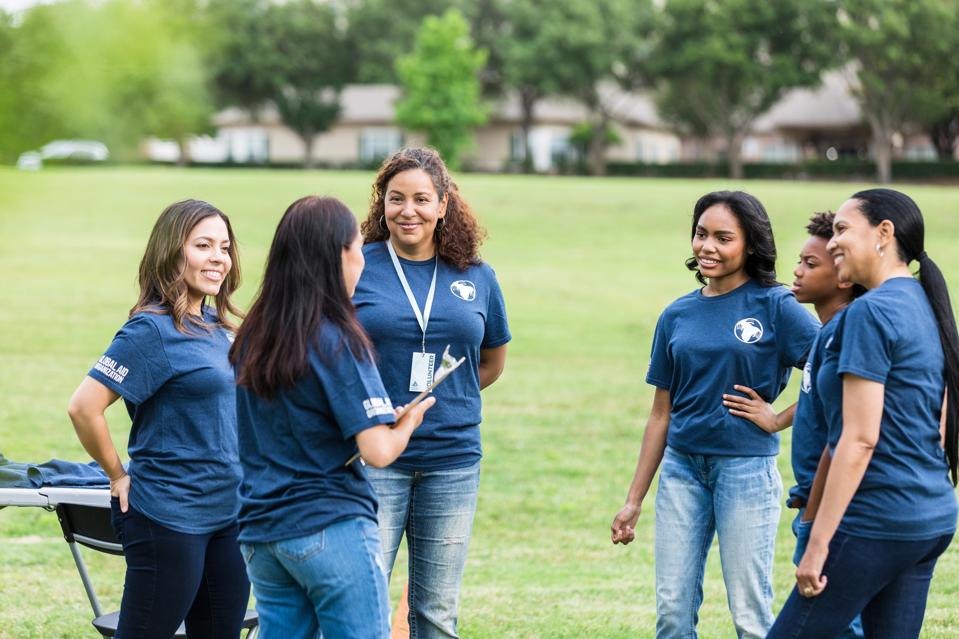Graduation is a time filled with pride, celebration and possibility. But once the ceremonies and parties end, many recent graduates find themselves asking, “Now what?”
The transition from college to life after school, without the built-in routines of classes, clubs and close friends, makes it easy to feel lost and disconnected. On top of that, starting a new job or moving to a new city can be lonely and overwhelming. This phase often brings more questions than answers, especially around purpose, identity and belonging.
The Power Of Community And Connection
What many post-grads are really looking for in this time of change is something simple but meaningful: connection. They want to feel part of something again and find a community where they can grow, contribute and connect with others who share their values. Most young people want to make a difference, even if they’re not quite sure how yet.
This is where nonprofit organizations have a unique and timely opportunity. Nonprofits can become the communities these young adults are seeking. By welcoming post-grads into mission-driven work, organizations don’t just fill volunteer spots; they invest in the next generation of changemakers. Young people bring fresh ideas, digital fluency and a drive to serve. In return, they’re looking for purpose, mentorship and a place where they can belong.
Nonprofits that embrace this exchange can benefit from engaged, long-term supporters who may one day become leaders, donors or staff members. Sectors focused on community development, social justice, education, the arts or health equity may find particularly strong alignment with values-driven young adults who want to do meaningful work.
Leadership Through Service
To truly engage post-grads, nonprofits should think beyond the typical volunteer experience. Offer opportunities that equip young people with the skills and confidence they can carry into their careers. This means inviting them to lead projects, take part in training that builds confidence, develop public speaking skills and serve as essential contributors to the organization’s mission.
According to Walden University, volunteering can be a powerful tool for career advancement. It allows individuals to build transferable skills, expand their networks and demonstrate initiative to future employers. For post-grads, this kind of strategic engagement can create momentum in both personal and professional growth.
At the Junior League, we see this in action every day. Members plan and lead impact projects, advocate on important issues and participate in hands-on training in leadership, communication and organizational development. These are real-world skills that support both personal and professional success.
For nonprofit leaders, the lesson is clear: Create roles that challenge and empower. When post-grads are trusted to lead and grow, they don’t just show up; they invest.
Finding Those Who Align With Your Mission
What Nonprofit Leaders Should Keep In Mind
- • Create leadership pathways. Don’t just offer tasks; offer training, ownership and mentorship.
- • Market the mission with meaning. Use stories, not just statistics, to inspire and recruit.
- • Invest in onboarding. Be intentional about first interactions. Ensure alignment on values and expectations.
- • Foster belonging. Build a culture that welcomes questions, honors growth and encourages peer connection.
- • Show the ripple effect. Help post-grads see that even small contributions can lead to big change.





